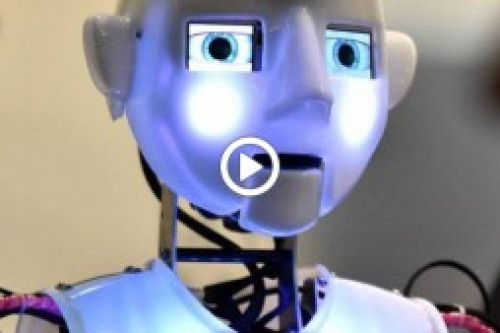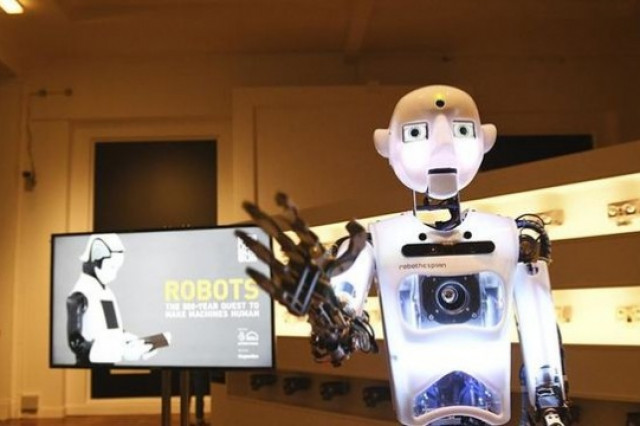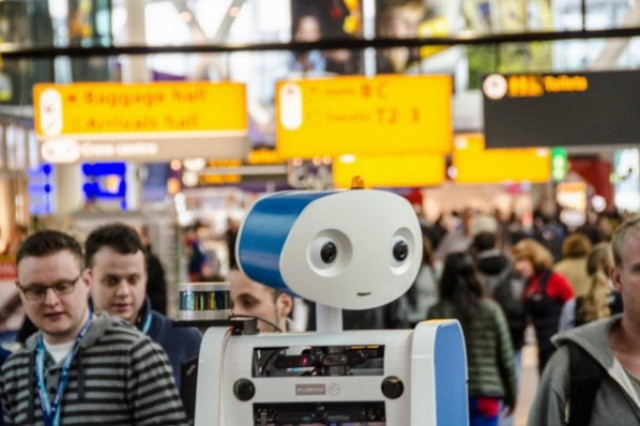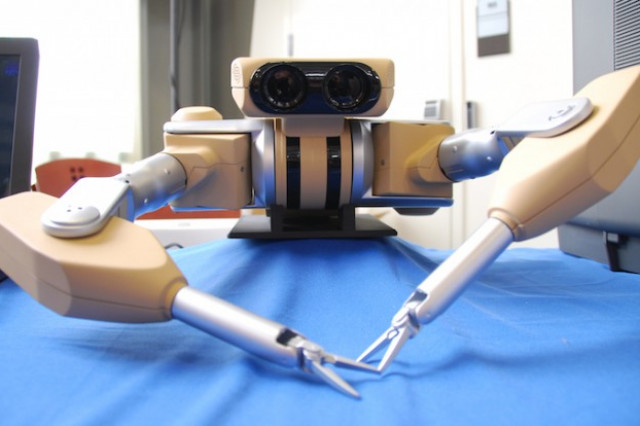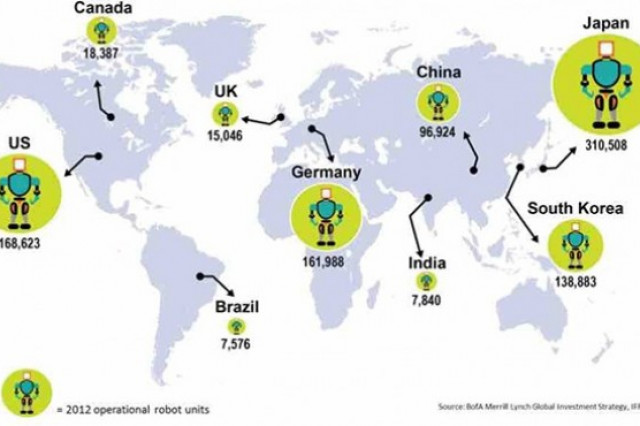It does not seem likely. Since the crisis of 2008 to 2014, according to ILO data 212 million net jobs have been created in the world. Each year, around 40 million jobs are created around the globe. There are 823 million more workers than twenty years ago. Today there are a total of 3.190 million workers in the world. These figures seem to indicate that we are not in an irreversible process of the end of work.
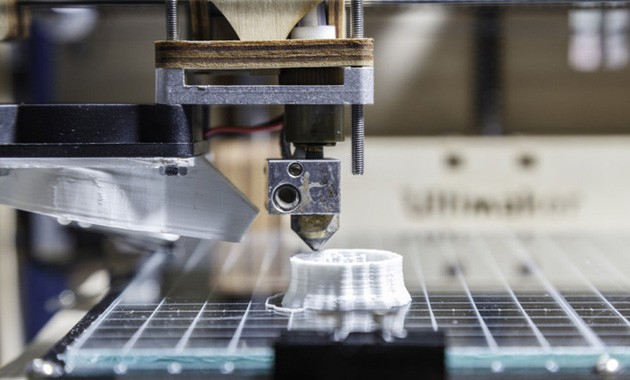
A first mistake when analyzing the evolution of work in the world is the mistaken perspectives that very often the analysts choose. Often global considerations are made based on what they see in their immediate environment, much like what happens in their country.
The debate on the possible effects of a second wave of robotization in employment linking this new robotization to technological innovations such as the Big Data Revolution, the Internet of Things and the development of advanced sensors, autonomous robots and intelligent robotics, 3D printing, and so on has been revitalized in the media from the work of Carl B. Frey and Michael A. Osborne of the Martin School Research Centre of the University of Oxford presented in 2013: "The future of employment: How susceptible are jobs to automation? "
However, this work has been as questioned by specialists in the field as it has been broadcast by the general media.
The empirical evidence shows that the most robotized countries in the world, the most developed ones, are also those with the least unemployment
A recent OECD study by three German economists (Arntz, Gregory and Zierahn): "The risk of automation of labour in OECD countries, a comparative analysis" -which has not had the same media repercussion as the British study-, questions the methodology of the British. They only studied the risk of automation of 70 occupations in detail, and then by copying ascribed the ratios obtained to other 630, without analyzing them in depth.
The risk of automation is higher in emerging countries
A detailed analysis of the work of Frey and Osborne even leads us to the conclusion that the risk of automation is greater in emerging countries. This is an obvious conclusion, since most of the Fordist productive processes of global value chains, and "robotizable" routines and mechanical work have been relocated to these countries, due to the lower cost of their labour because of the absence of free trade unions.
We should not forget that China, the country that is currently the factory of the world, does not allow free trade unions to exist. The more than 200 million workers who are affiliated with Chinese unions do not have the right to free collective bargaining. There we have the great black hole of globalisation in terms of labour rights.
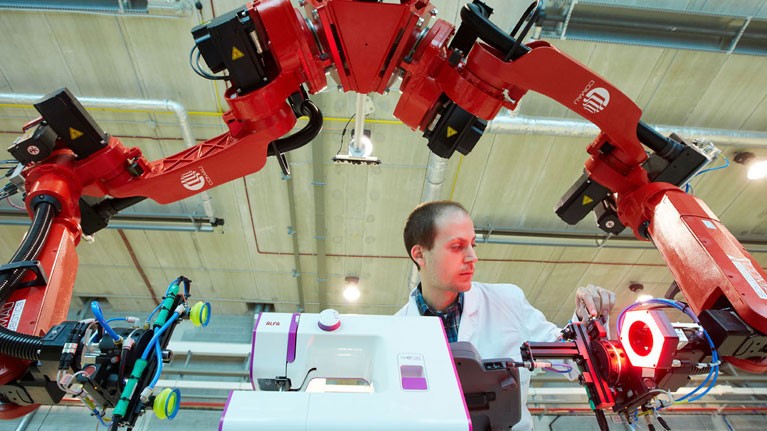
The empirical evidence, and that is what it is, in reality shows that the most robotized countries in the world, the most developed, are those with the least unemployment.
Do some developed countries have a problem of job creation, and above all of creating quality employment according to the labour standards to which we are accustomed? Yes. But that is another problem - it is no longer a global problem, but a local one and the policies that have been led to them. There we must focus the problem on fiscal austerity and wage devaluation policies. The incorporation of new technologies is not the main cause of increasing labour and social inequality.
Dean Baker questions that the digital revolution is the main cause of job loss in the United States. According to this economist, the director of the Centre for Economic and Policy Research (CEPR) in Washington DC, the excessive attention given to digitization as a cause of job losses aims to avoid analyzing the real causes of the deterioration of the living conditions of millions of workers who are not technological but rather political, resulting from measures taken since the 1980s to weaken unions. It is not the digital revolution, but the neoliberal counterrevolution, according to Baker, that is the cause of growing precariousness and high unemployment rates in some countries.
Digital technology has less impact on employment than others
Dani Rodrik of Harvard University also points out that digital technology has less impact on the labour market than other technologies introduced in the past, such as electricity, cars, aircraft, and so on, Productivity gains have been much lower than in the past. The sectors that in the US are demanding more employment are those related to social areas and the green economy, sectors that in Spain are underdeveloped for different reasons: fiscal austerity policies and cuts in public spending, the existing electric oligopoly in our country and the lack of an intelligent industrial policy.
Digitization is a process that should serve to empower workers and citizens and increase cohesion and inclusion in our social model
One of the main keys to making innovation a clear competitive value is that the business organization is able to encourage the involvement of its workers in innovation processes. The participation of workers in companies is one of the main elements that favours technological leadership and allows an increase of its export capacity. To a large extent, the innovation difficulties of companies have to do fundamentally with rigid organizational structures that conceive the worker as a mere tool that can be easily substituted.
Greater participation of workers in the organization of work, and in defining the major objectives of the company, is a factor that clearly drives innovation to achieve productivity gains that also benefit workers. The involvement of workers is a determining factor in the generation of wealth, something that the companies themselves recognize.
Digitization is a process that should serve to empower workers and citizens and increase cohesion and inclusion in our social model.
In this sense, the process must be accompanied by rights and protections, which are as important as participation. The organization of work, collective bargaining, the right to protection of workers, training is something that companies and governments should promote to increase by investment in education and training. We are convinced that robots can provide higher quality employment and promote greater social justice.



